The Māoris are New Zealand’s indigenous people that inhabited the island some 1,000 years ago. There still comprise about 14% of New Zealand’s population but their traditions, language and their history are very much a part of the country’s identity. And on February 6, New Zealanders will celebrate the day the Treaty of Waitangi was signed in 1840, by which virtue founded the country of New Zealand.
New Zealand welcomes visitors with “Kia Ora,” the Māori word for “Hello.” It takes 24 hours to travel from Europe to New Zealand and 12 hours if you are coming from North America. Likewise, it will take you 12 hours to fly from New Zealand to South America.
New Zealand, an island country in the southern part of the Pacific Ocean boasts of fresh air, fresh water, varied destinations, wild and extreme adventure, and the chance to encounter flora and fauna like no other. Now the country even welcomes you to Middle Earth, the playground of Frodo and his hobbit friends, where the wizard Gandalf occasionally visits.
The Waitangi Treaty
The Treaty of Waitangi, made by more than 500 Māori chiefs or rangatira and the representatives of Great Britain’s monarchy, was an agreement that founded New Zealand on February 6, 1840.
William Hobson, New Zealand’s first governor, had to rely on the support and advice of James Busby, who was appointed as the “British Resident” in New Zealand. The treaty was written in a hurry, with the English version translated into Māori by missionaries Henry and Ed Williams. The indigenous people were handed a copy of the agreement in their own language, which was soon passed around the country to be signed by the tribal chiefs. Even if some of the chiefs did not sign or were not able to sign, England declared that the treaty applies to all the tribes in New Zealand and on May 21, 1840, British sovereignty of New Zealand was proclaimed. The interpretations between the English and the Māori versions of the treaty became the subject of many debates and protests and a Waitangi Tribunal was created in 1975 to settle the disputes that arose.
Celebrating Waitangi Day
It was only in 1974 that the first celebration of Waitangi Day was observed. Although there are several celebrations done around the country, of special significance is the one held at Waitangi Treaty Grounds. It is located in the Bay of Islands, a 1,000-acre land that was given back to the nation in trust in 1935 by Lord Bledisloe, the former Governor General of the country.
The celebration includes speeches from Pakeha or European dignitaries and Māori representatives, a 21-gun naval salute and cultural performances, food and arts and crafts fairs. Auckland honors the occasion with a “haka powhiri” or traditional Māori welcome ceremony, receiving sailing yachts and other types of boats at Okahu Bay. In other areas of New Zealand, there are sporting events, cheese rolling competitions and rodeos.
Icons on the Treaty Grounds
On the Treaty Grounds stand the Treaty House, the former residence of James Busby, the first British resident in New Zealand. There is also a carved meeting house called “Te Whare Runanga” that represents all the tribes. The most impressive icon is the “Ngatokimatawhaorua.” It is the largest ceremonial war canoe or “waka taua” of the Māori. Made of wood, the waka, which is already 70 years old was refurbished and sailed again in 2010. It can hold 55 passengers and 80 paddlers.
To all our New Zealand readers around the globe, Happy Waitangi Day!
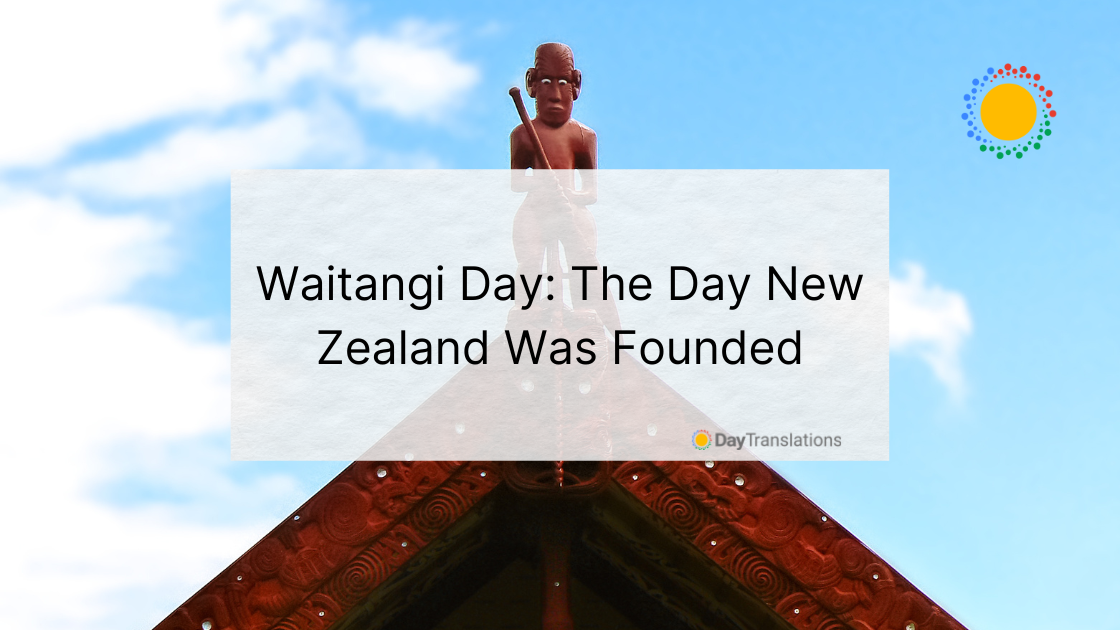
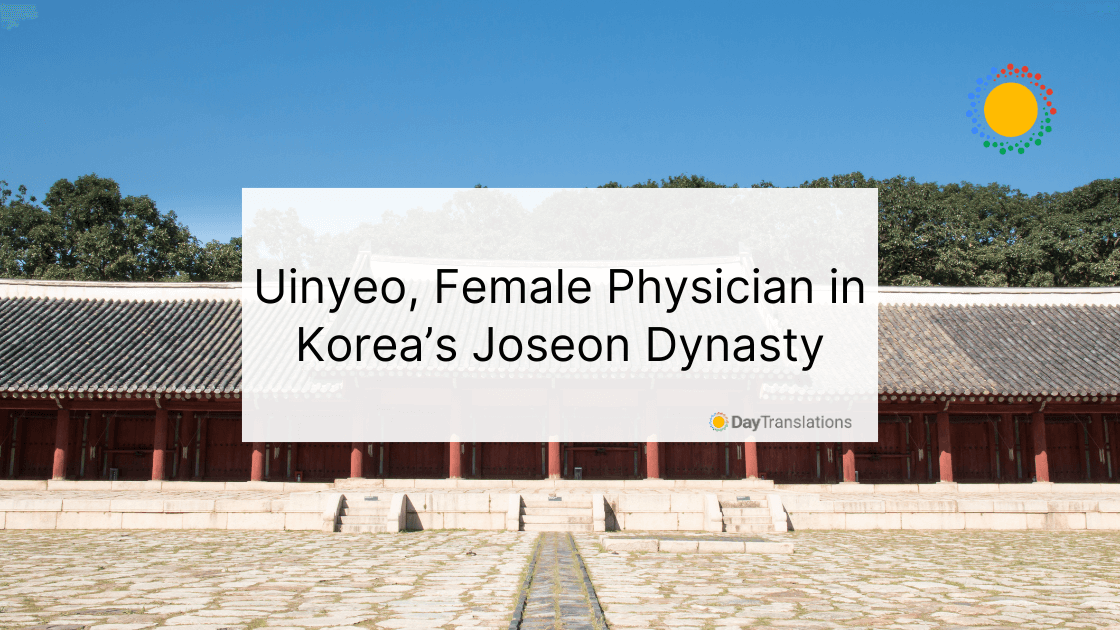
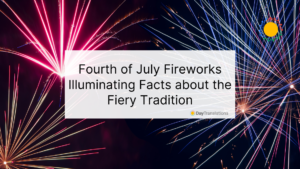
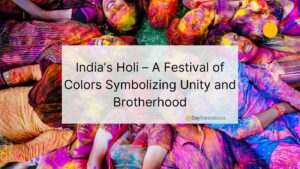
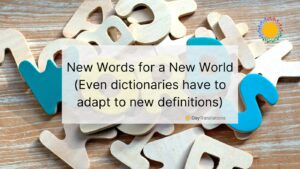







Sorry, the comment form is closed at this time.